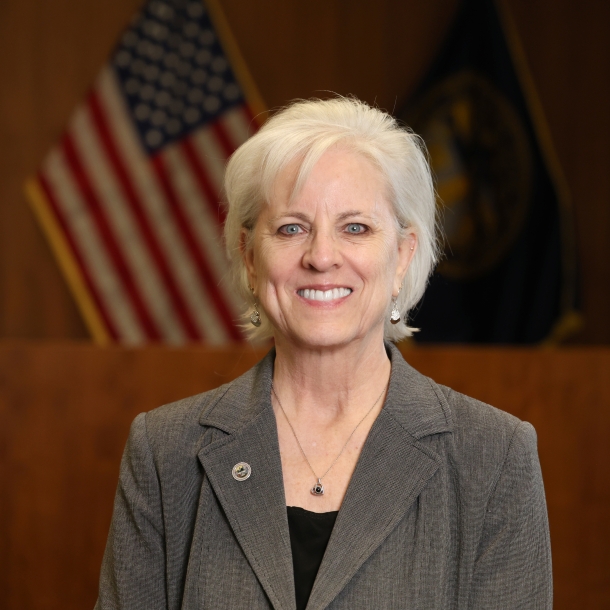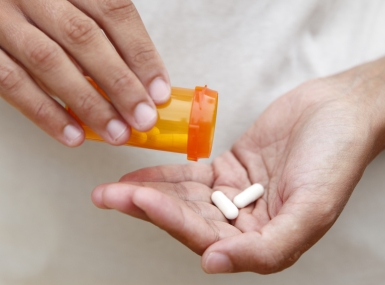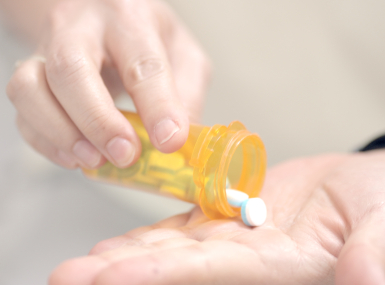Community Care: How Counties Leverage Real-Time Technology to Improve Behavioral Health

This webinar is available on-demand. If you have issues accessing the recording, please email nacomeetings@naco.org.
Counties nationwide face increasing demands to deliver high-quality care while managing limited resources. While providers in behavioral health, physical health and social services focus on the frontlines of meeting community needs, they are too often hindered by fragmented and outdated systems that limit data visibility and slow down care delivery.
In this webinar, we’ll explore how counties can harness real-time, integrated behavioral healthcare insights to empower streamlined care collaboration and improved outcomes for their communities. Attendees will learn practical strategies and see real-world examples of how patient insights delivered directly in workflows during pivotal moments can:
- Improve Patient Outcomes – Ensure individuals receive the most appropriate level of care during pivotal moments by leveraging real-time technology to coordinate services across the continuum.
- Enhance Provider Efficiency – Reduce administrative burden through digital tools, integrated platforms and automated workflows.
- Enable Data-Driven Care – Equip providers with timely insights, shared records and actionable analytics to support better decision-making.
- Strengthen Collaboration – Break down silos by creating secure, unified connections between counties, providers and community-based organizations.
Join us to discover how counties can move beyond challenges and build more seamless and integrated partnerships with providers and community stakeholders to create healthier, more resilient communities.
Watch Recording
Click here to watch the recording in a new window.
Speakers

Hon. Mary Ann Borgeson

Frances McGaffey

Vatsala Kapur






